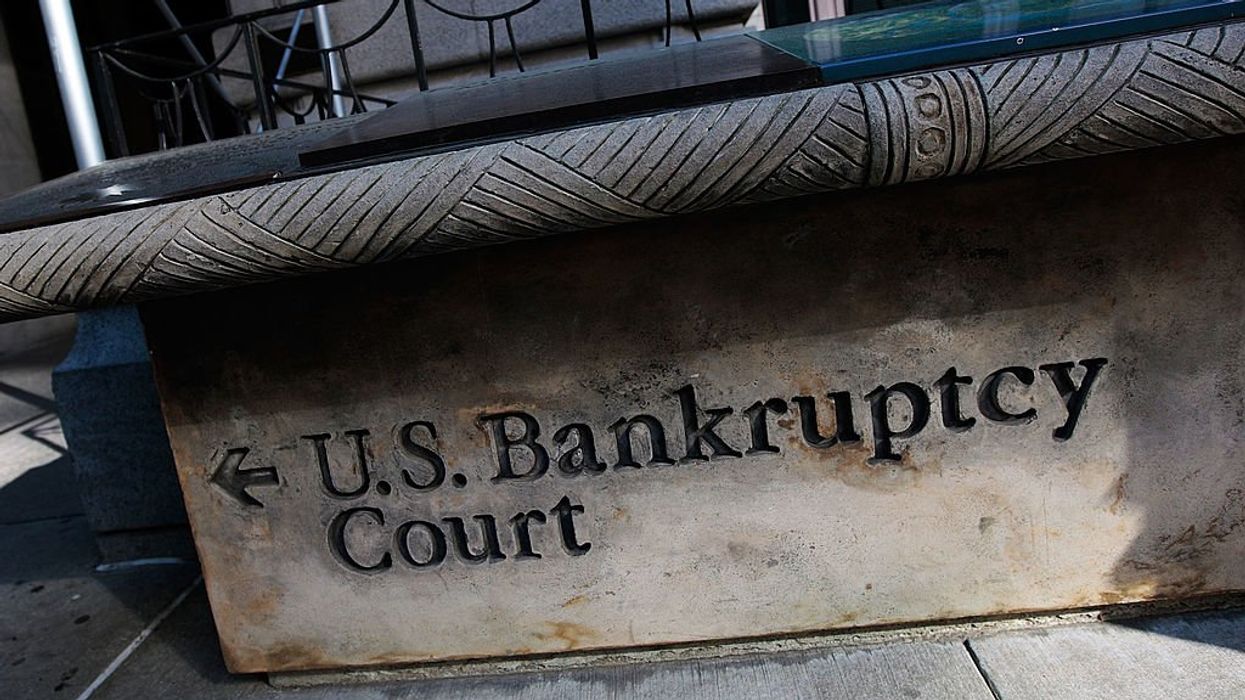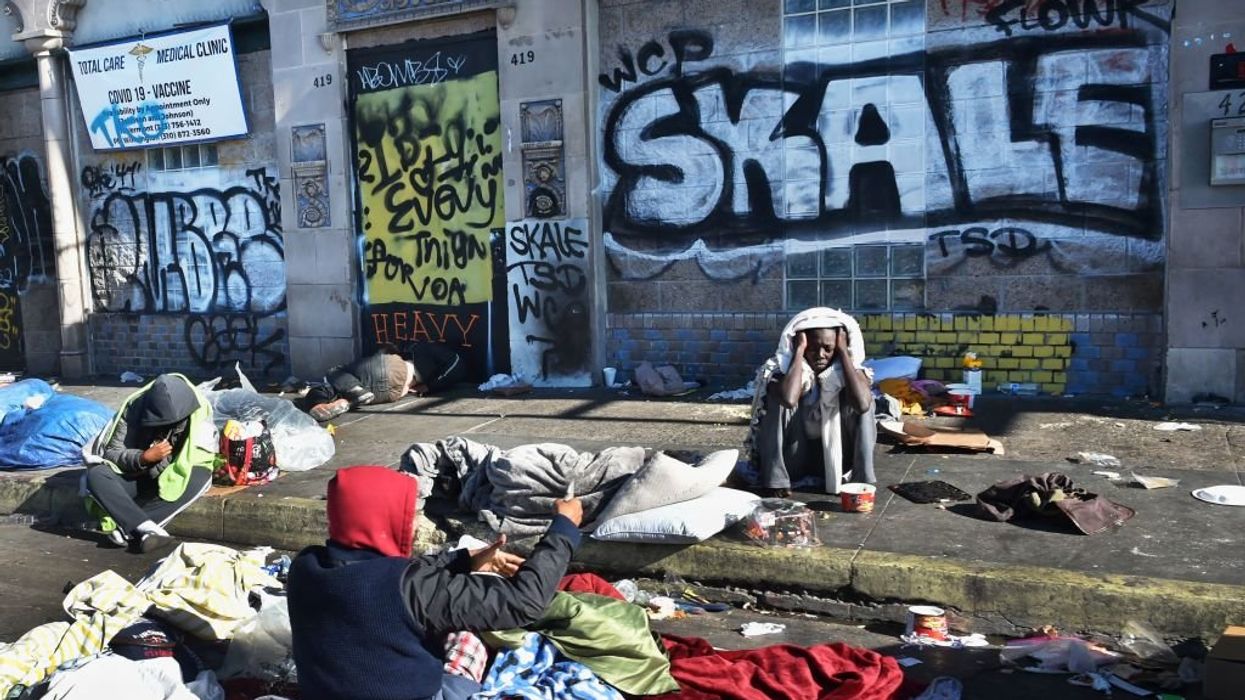A recent piece in the New York Times describes a disturbing trend in Sweden --- weapons of war, including hand grenades and AK-47s, have been flowing into immigrant-heavy neighborhoods.
An article in The Spectator sketches Swedish streets as immigration-fueled warzones: Dutch exchange student killed by a stray bullet during an execution-style murder at a pizzeria; an uptick in gun violence; a deluge of hand grenade attacks in areas comprised mainly of immigrants. Paramedics and firefighters allegedly can’t enter certain neighborhoods without heavily armed police escorts.
The author, Paulina Neuding, laments that a rising tide of violence is “what happens when you fail to integrate immigrants and instead tolerate the creation of a society within a society.” It’s not clear that violent crime is soaring, as the title of her piece declares.
Tino Sanandaji points out, in National Review, that some types of crime have gone up in Sweden (gang shooting, arson and sexual assault), while others have decreased (assault, car thefts and property crimes). These changes track fairly well with international trends.
Nonetheless, Neuding is probably onto something. The Scandinavian country has substantially increased its share of non-Western immigrants and asylum seekers in recent years, and we cannot fully dismiss the anecdotal evidence of flare-ups in immigrant communities.
Sanandaji wrote an earlier piece exploring the potential causes of the 2013 Stockholm riots, in which schools, cultural centers and well over 100 cars were torched in the predominantly immigrant suburb of Husby.
He ultimately points to the Swedish government’s generosity as the culprit. The robust social safety net in Sweden, from which immigrants pull more than their native-born neighbors, creates a “welfare trap.” But the economic disincentive to work is only half the story for Sanandaji. He also criticizes Swedish political elites for espousing multiculturalism, which encourages non-European implants to cling to their own customs, values and habits.
A 2003 study found immigrants in Sweden were more likely to use welfare services than natives.
He’s more or less right in his observations. A 2003 study found immigrants in Sweden were more likely to use welfare services than natives. And various “multicultural” policies from European policymakers have had adverse effects on assimilation.
Both authors appear to be correct on their assessments of poor integration, as well. A 2015 analysis of 27 different indicators of immigrant integration across EU and OECD nations found substantial problems with immigrant assimilation in Europe, particularly for non-European immigrants, while the findings for the United States were positive. In America, immigrants are overwhelmingly patriotic and draw fewer welfare benefits than their native counterparts. Importantly, American immigrants tend to commit fewer crimes than native-born citizens.
Are America’s integration successes linked to a more prudent welfare allowance for immigrants and government policies, which encourage adoption of Western norms and values? That’s likely part of it, but Sanandaji’s causal story lacks a critical link.
Swedish immigrants aren’t just avoiding work because they’d rather fall back on cushy government benefits. An analysis of Europe’s assimilation of Muslim immigrants relative to the United States revealed that it’s much more difficult to find work as an immigrant in Europe than in America.
In the United States, immigrants have a lower unemployment rate than natives. Conversely, most European countries show a significantly higher unemployment rate for immigrants, particularly for non-EU migrants. Unemployment among foreign-born men in Sweden is over 16 percent compared to less than seven percent native-born men, and foreign-born women face a 15 percent unemployment rate compared to six percent for native-born women. These disparities are significantly worse for African and Asian immigrants.
A variety of labor controls, including minimum wages, collective bargaining and severe legal liability for firing employees have made it expensive for Swedish employers to hire new workers. The labyrinth of regulations have been crushing employment opportunities for immigrants (particularly Muslim immigrants) and their children for decades. That these same people seem content to collect a government check makes more sense in light of their employment plight.
Meanwhile, the United States is the least regulated labor market among the developed countries analyzed in the Cato report. American labor markets are much less rigid than their European counterparts and thus significantly less likely to disadvantage immigrants in employment, Muslim or otherwise. This helps to explain the higher employment of immigrants in the U.S. labor market. Cato’s analysis concludes that “European labor market controls and regulations explain the differences between American and European outcomes.”
Unfortunately, there is no silver bullet for solving Sweden’s problem.
These findings are necessary in any conversation on this topic, because a vast body of research suggests that employment is strongly associated with crime avoidance, as is unemployment with criminal activity. Unsurprisingly, one study found that “we can in general explain between 50% and 80% of the gap in crimes between children of immigrants and children with a native-Swedish background with family resources (e.g. employment and education) and neighborhood segregation.”
Having a job facilitates the development of meaningful relationships with other citizens, increases skills and language proficiency, boosts self-esteem, and offers hope for the future. This is as true for native-born citizens as it is for immigrants. Any conversation about immigrant crime in Europe that leaves out employment, then, is incomplete.
Unfortunately, there is no silver bullet for solving Sweden’s problem. Integration is a gradual process and immigrant enclaves have formed over decades. Still, it’s nothing short of a fool’s errand to greet newcomers with a maze of obstacles to employment, materially incentivize them to stay home in the likely event that they can’t find work, and expect them to become flag-flying patriots.
Our European friends are typically skeptical of anything that smacks of Americanism, but they would benefit from occasionally copying our notes. Until that happens, much of the ongoing anxiety regarding immigration-related crime will persist. But both research and experience tell us the first step should be letting immigrants get jobs.








